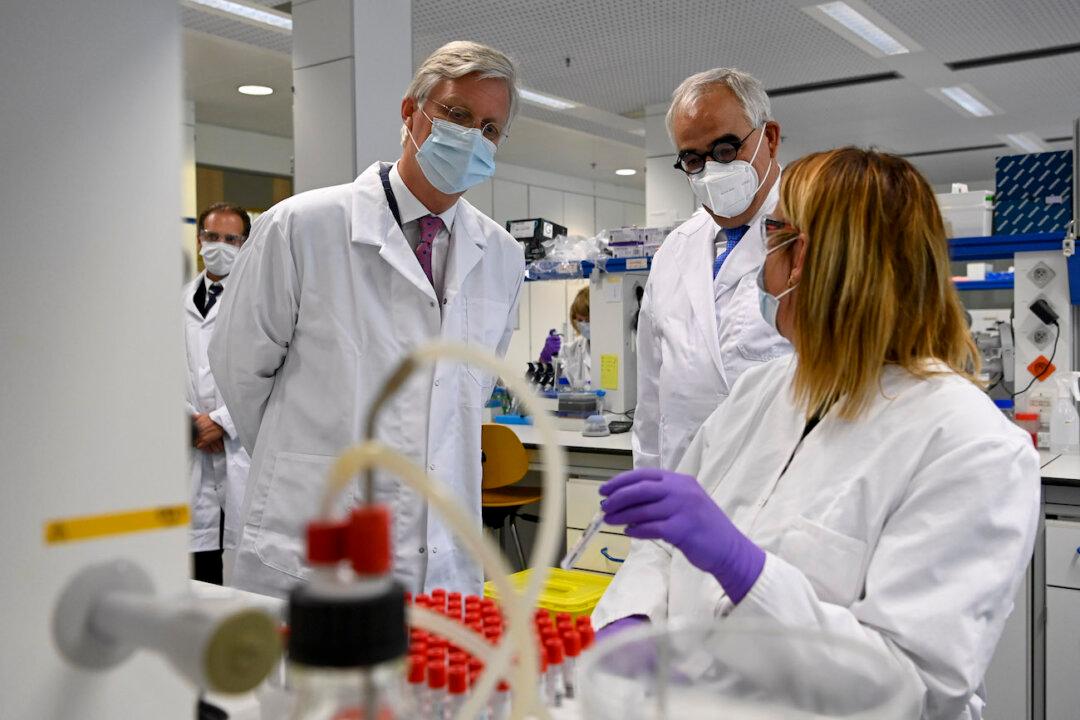U.S. company Johnson & Johnson on Sept. 23 announced it has reached phase three clinical trials for its COVID-19 vaccine candidate, becoming the fourth manufacturer to reach this phase in clinical trials amid a pandemic.
The company joins Moderna, Pfizer, and AstraZeneca to start late-stage trials for a vaccine for COVID-19 disease, caused by the CCP (Chinese Communist Party) virus, a novel coronavirus from Wuhan, in China’s central Hubei Province. The phase three trial marks the final step before drug manufacturers can seek emergency-use authorization to widely distribute their vaccines. There is no authorized vaccine for COVID-19 yet.




